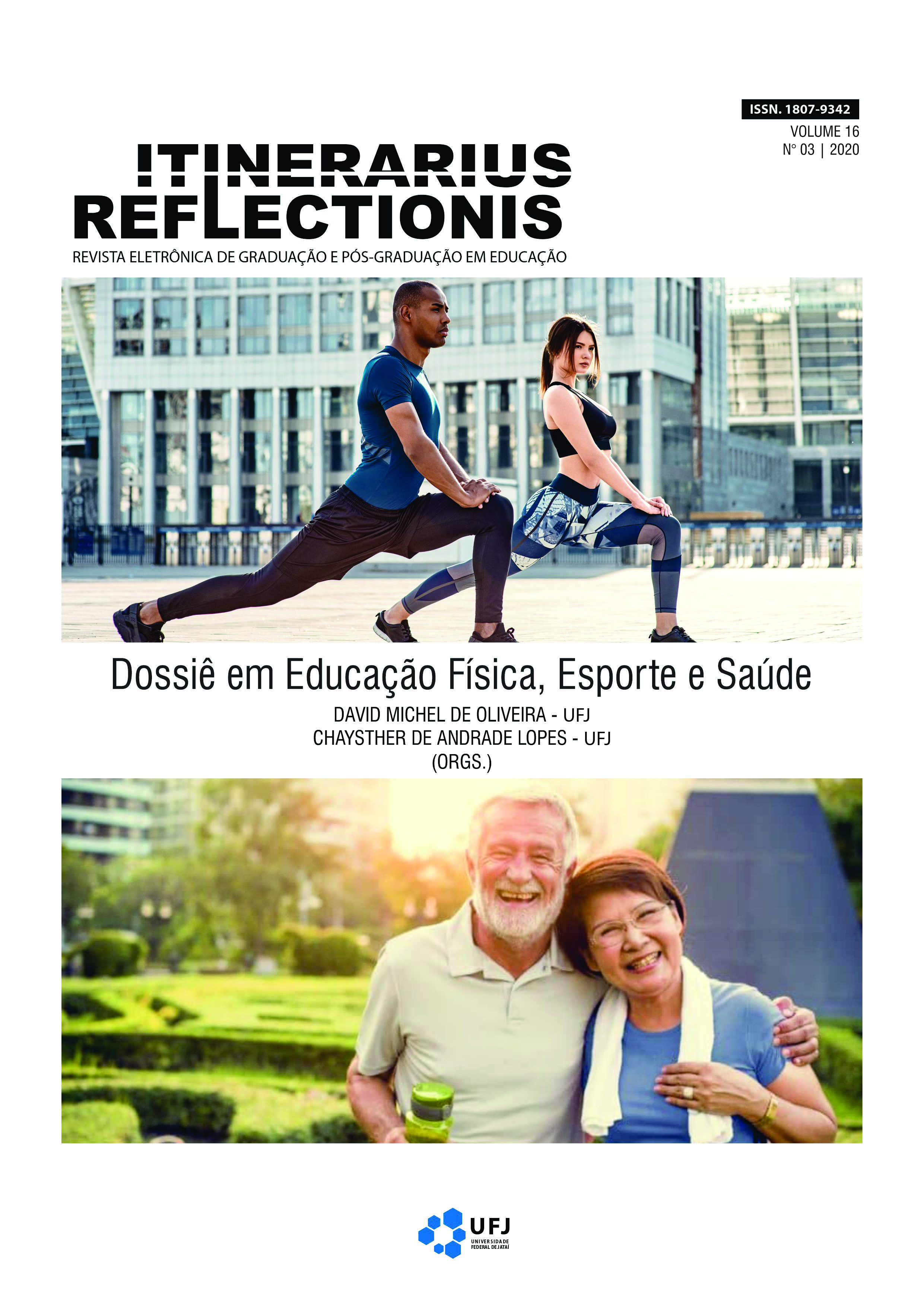Equoterapia e educação física: estudo de caso com praticante autista
DOI:
https://doi.org/10.5216/rir.v16i3.63017Abstract
People with some type of disability undergo some type of therapy to improve their skills and abilities usually with a multidisciplinary team that involves physical therapists, Physical Education professionals, psychologists, pedagogues, among others. Hippotherapy is a therapeutic treatment that includes psychomotor development, educational and behavioral self-knowledge, as well as socialization with activities that associate hippotherapywith dynamics and exercises that stimulate the practitioner to potential development. The role of Physical Education in rehabilitation with this therapy is still little explored. In addition, studying a practitioner who presents characteristics of the autistic spectrum with some difficulties in speech stereotyped movements and problems with living together including with animals, becomes an additional challenge. Evaluate the intervention in hippotherapy, in a case study with an autistic boy, from the perspective of Physical Education. Case study of four equine therapy interventions by a 6-year-old male practitioner with autism, excellent cognitive expression, difficulty in motor coordination, behavioral variations, stereotyped movements (such as walking on tiptoe and moving the hand repeatedly) and the mother accompanies him in the sessions. A weekly subjective evaluation was carried out with the mother and with the responsible Equotherapist of aspects related to the practitioner's evolution. There were improvements in aspects of behavior, anxiety, strength, fear, interaction with animals, stereotyped movements and independence for both evaluators. The presence of playfulness, provided by the Physical Education professional seems to have been fundamental for the evolution of the practitioner in a short period of time, showing a positive reinforcement of the performance of the professional in Physical Education in Hippotherapy.
Downloads
Downloads
Published
How to Cite
Issue
Section
License
Os artigos encaminhados para publição na revista ITINERARIUS REFLECTIONIS deverão ser originais e não publicados ou propostos para tal fim em outra revista. Aceitam-se artigos escritos em Português, Espanhol e Inglês. A revista ITINERARIUS REFLECTIONIS se reserva o direito de efetuar, nos originais, alterações de ordem normativa, ortográfica e gramatical, com vistas a manter o padrão culto da língua, respeitando, porém, o estilo dos autores. As provas finais não serão enviadas aos autores. Texto sobre Copyright do conteúdo da Revista.


